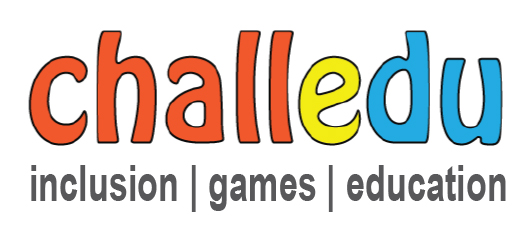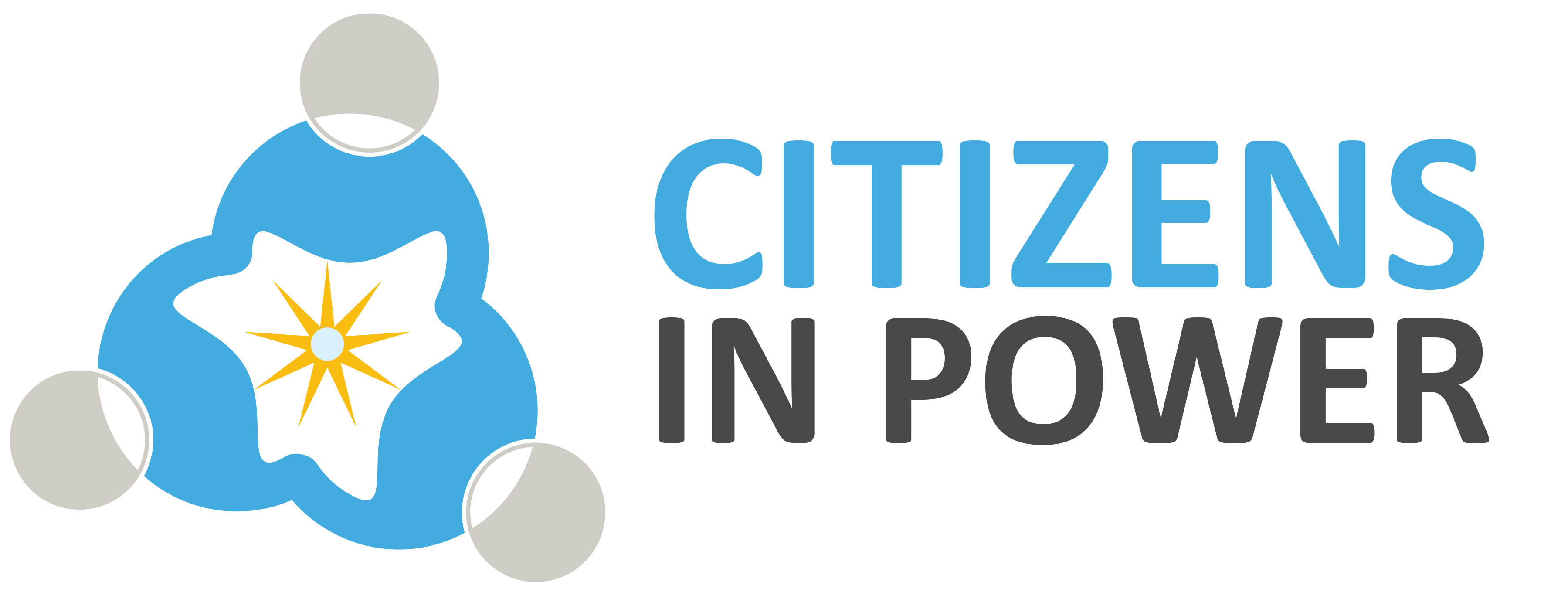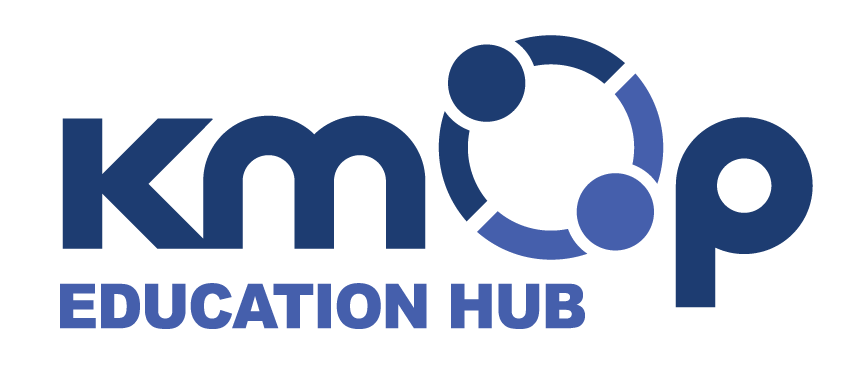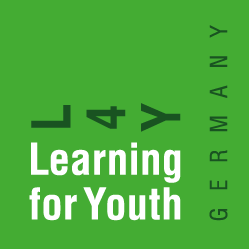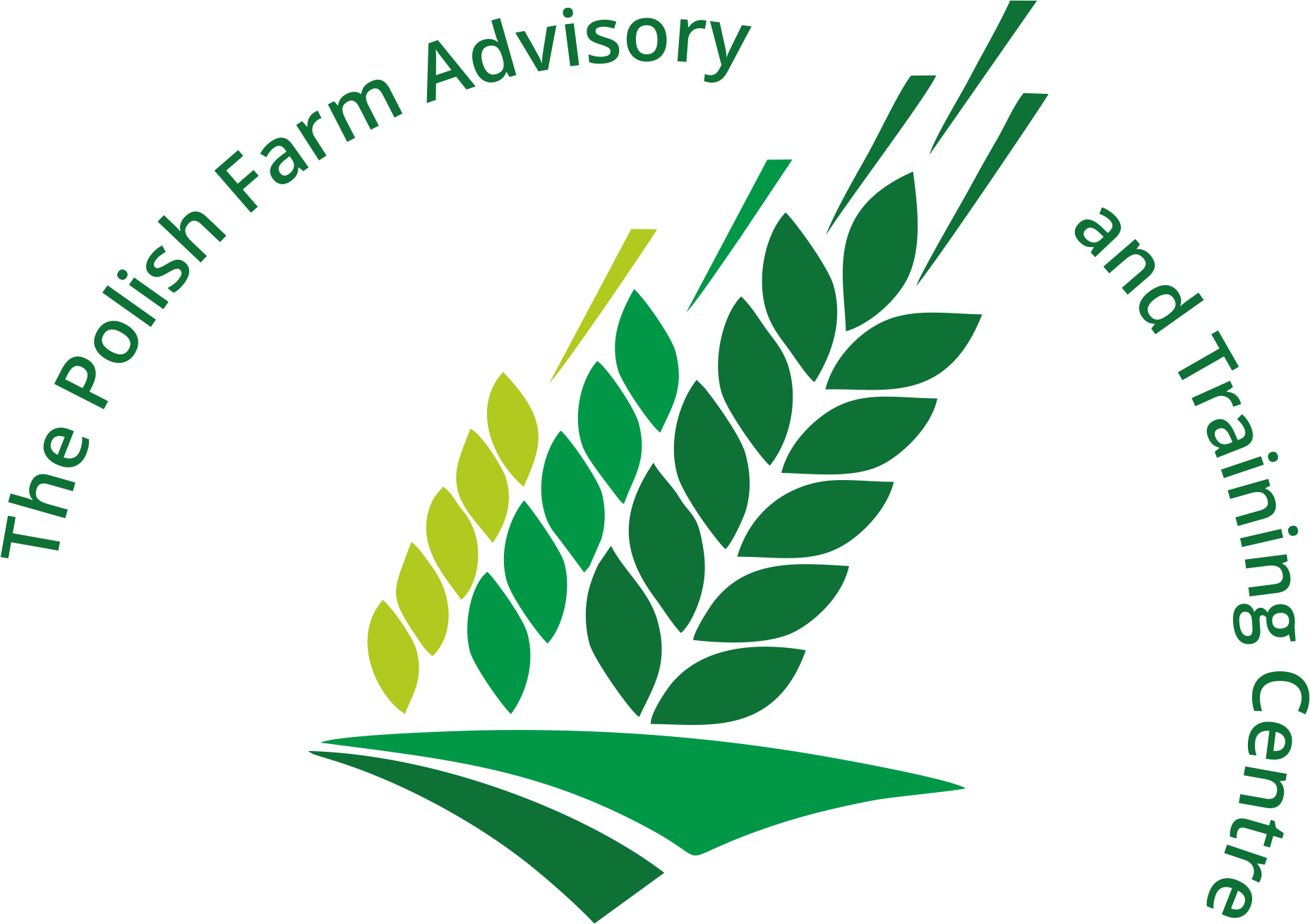EU Funded Project
2022-1-DE02-KA220-ADU-000085106
Grand
Friend
Intergenerational Hub for the Amelioration
of Sustainable Agricultural Practices and
Entrepreneurial Mindset
GrandFriend
Aim and goals of the project
Aim and goals
raise awareness on the benefits of Intergenerational Programs in sustainable Agricultural development;
promote active citizenship among the former generation of Agro-Entrepreneurs;
boost the new generation’s engagement with Sustainable Agricultural Practices;
raise awareness on IPs’ inclusive characteristics;
address the new and previous generations’ problems in the Agricultural sector; and
find solutions to these problems through the involvement of Lifelong Learning Institutes / Trainers / Educators who focus on agriculture and other relevant stakeholders.

Funded by the European Union. Views and opinions expressed are however those of the author(s) only and do not necessarily reflect those of the European Union or the European Education and Culture Executive Agency (EACEA). Neither the European Union nor EACEA can be held responsible for them.
Erasmus+ Project Results Platform
Newsletters & Posters
Partners
Challedu
CHALLEDU is a non-profit, non-governmental organization that pioneers new models of learning, inclusion and engagement. CHALLEDU constitutes one of the leading R&D experts in game-solutions for education and inclusion. Our team consists of project managers, researchers, educators, game designers, developers, graphic designers and facilitators who design and implement playful experiences, games, formal and non-formal educational programs, tools, platforms and applications based on cross-sectoral, interdisciplinary approaches. We focus on 2 main sectors: education and innovation, social inclusion.
CIP
Citizens In Power (CIP) is an independent, non-profit, non-governmental organisation. CIP constitutes one of the leading organisations in Cyprus in the fields of global education, social innovation, entrepreneurship, STEM and sustainable growth. To achieve these targets CIP has an ongoing collaboration with the leading universities, schools, NGOs and research organizations in Cyprus for the development of projects, trainings and educational material. CIP retains a valuable network of professional trainers and educational experts experienced in both formal and non-formal education.
KMOP
KMOP – Social Action and Innovation Centre, established in 1977, is one of the oldest civil society organisations in Greece offering social support services and implementing various programs aimed at empowering and enhancing the well-being of individuals and communities. KMOP established KMOP Education & Innovation Hub, with the aim to create a knowledge hub that offers access to a wide range of educational programmes, resources and trainings, capitalizing on the knowledge that the organization has gained from its extensive work in the field. Our training programmes enable individuals and teams to navigate their social ecosystem towards achieving their goals, and contribute to a more inclusive and sustainable future. So far, these programs have impacted the lives of more than 17,500 individuals, providing them with the tools and skills they need to succeed in all aspects of life.
L4Y
L4Y Learning For Youth is an innovative and forward-thinking art and technology company founded to empower young people and VET trainees to thrive in a rapidly changing world. With a focus on emerging technologies such as quantum technologies (QT), blockchain, digital art, and Artificial Intelligence, L4Y recognises the transformative impact these technologies will have on our daily lives and the skills required of the workforce future. L4Y dedicated to the cause of protecting the environment and addressing this pressing problem through the application of artistic and technological expertise.
PFA
The Polish Farm Advisory and Training Centre Not-For-Profit is a private not-for-profit legal entity which provides an effective consultancy and comprehensive advisory services for Polish agri-businesses and individual farmers in order to help to establish their agri-businesses successfully from the start, to develop it effectively, and to stimulate its growth in future, ensuring economic viability. Our aims are: revitalizing rural areas, promoting the entrepreneurial spirit in rural areas, sharing knowledge and information by making it available to the general public.
Categories
WP2 - Pedagogical Guidebook
Positive interactions between two generational groups have some significant outcomes on both age groups with a positive impact on physical and mental health, well-being and social relationships (S. Zhong et al. 2020). These outcomes can
energise the former generation of Agro-Entrepreneurs and give a sense of inclusion by sharing their experiences; they can
also reduce the sense of isolation and relieve any signs of depression.
WP3 - Digital Game
WP3 will approach Game-Based Learning (GBL) methods for adults by developing a nonlinear Interactive Digital Storytelling (IDS) Based Educational Game. IDS is dynamic and allows players to act as they are the main characters in the story, to select among multiple paths, and basically to modify the story based on their actions.
WP4 - Practical Learning Module & AgroLabs
The Learning Module will be composed of 10 Lessons and will be composed of a thorough and extensive list of sources on contemporary sustainable agricultural practices and entrepreneurial skills. Fundamentally, the series of Lessons will make use of different activities, including the Live-Action Role-Playing game. This module will introduce some of the Guidebook’s terminologies to the participants of the Lessons.
News
Other events related to projects
Definitions and Terminology
Definitions and Terminology
Intergenerational Program
Intergenerational programs are initiatives designed to foster connections between different age groups, typically older adults and younger generations, such as children or adolescents. These programs aim to create opportunities for mutual learning, support, and enrichment, and to bridge generational gaps. They can have numerous benefits, such as reducing ageism, promoting mental and emotional well-being, and encouraging the sharing of knowledge and experiences.
Some examples of intergenerational programs include:
- Adopt-a-Grandparent: This program pairs older adults with young people who may not have grandparents nearby or in their lives. They can visit each other, spend time together, and participate in activities to create a bond that resembles a grandparent-grandchild relationship.
- Intergenerational mentoring: Older adults can serve as mentors to young people, offering guidance, sharing experiences, and providing support in various aspects of life, such as academics, career choices, and personal development.
- Intergenerational arts programs: These initiatives bring together older and younger individuals to collaborate on artistic projects, such as painting, music, dance, or drama. These activities can help to bridge the generational gap and encourage creative expression.
- Shared living arrangements: Some programs facilitate intergenerational living arrangements, where younger and older generations live together in the same community, apartment complex, or housing development. This can help to create a supportive environment where residents of different ages can interact and learn from one another.
- Intergenerational volunteering: Programs that involve both older and younger volunteers working together on community service projects can help foster connections and build a sense of teamwork between generations.
- Intergenerational education: Some schools and universities create opportunities for older adults to attend classes alongside younger students, fostering a diverse learning environment where individuals of different ages can learn from each other’s perspectives.
- Technology assistance: Many programs aim to bridge the digital divide by having younger individuals teach older adults how to use technology, such as smartphones, computers, and the internet.
Intergenerational programs can be found in various settings, such as schools, community centers, senior living facilities, and religious institutions. By promoting understanding and collaboration between different generations, these programs can help to create more cohesive, supportive, and empathetic communities.
Agricultural Entrepreneurship
Agricultural entrepreneurship refers to the process of starting, organizing, and managing a business within the agricultural sector. This type of entrepreneurship involves identifying opportunities, developing innovative ideas, and creating value-added products or services related to agriculture. The primary goal is to improve agricultural production, create sustainable food systems, and contribute to the overall economic development of a region.
Agricultural entrepreneurs can focus on various aspects of the industry, such as:
- Crop and livestock production: Developing new or improved farming techniques, crop varieties, or livestock breeds that can increase productivity, reduce costs, or minimize environmental impact.
- Agri-tech: Designing and implementing innovative technologies to support agricultural processes, such as precision agriculture, drones, sensors, and farm management software.
- Value-added products: Creating new products from agricultural raw materials, like processing fruits and vegetables into jams, sauces, or dried goods, or turning milk into cheese, yogurt, or other dairy products.
- Farm-to-table and direct marketing: Establishing a direct connection between farmers and consumers by offering farm-to-table experiences, community-supported agriculture (CSA) programs, farmers markets, or online sales platforms.
- Agri-tourism: Developing agricultural experiences for tourists, such as farm stays, farm tours, and educational workshops on farming practices or food production.
- Organic and sustainable agriculture: Focusing on environmentally friendly and sustainable farming practices, such as organic farming, permaculture, or regenerative agriculture.
- Urban and vertical farming: Exploring innovative farming techniques that can be applied in urban environments or vertical spaces, including hydroponics, aeroponics, and aquaponics.
- Agricultural education and consulting: Providing education, training, and consulting services to farmers, agribusinesses, and other stakeholders in the agricultural sector.
- Agroforestry and silvopasture: Combining agriculture with forestry or livestock grazing to create more sustainable land-use systems and promote biodiversity.
To succeed as an agricultural entrepreneur, it is essential to have a strong understanding of the agricultural industry, including its challenges and opportunities, as well as a solid business acumen. Additionally, successful agricultural entrepreneurs are creative, resourceful, and willing to adapt to changing market conditions and consumer preferences.
Lifelong Learning
Lifelong learning refers to the continuous, self-motivated pursuit of knowledge and skills for personal and professional development throughout one’s life. It encompasses both formal and informal learning experiences, including academic programs, professional training, self-directed learning, and experiential learning. Lifelong learning is essential in today’s rapidly changing world, as it allows individuals to adapt to new technologies, job requirements, and societal expectations.
Key elements of lifelong learning include:
- Curiosity: A strong desire to learn and explore new subjects, ideas, and experiences.
- Open-mindedness: Willingness to listen to diverse perspectives and embrace new information.
- Adaptability: The ability to adjust one’s knowledge, skills, and mindset in response to changes in the environment, job market, or personal goals.
- Self-motivation: Taking charge of one’s learning journey, setting goals, and seeking out learning opportunities.
- Learning from experience: Reflecting on successes and failures, extracting valuable insights, and applying them to future situations.
- Networking: Building connections with others who share your interests or expertise, and who can provide support, resources, and fresh perspectives.
- Time management: Allocating time for learning activities, even with other responsibilities and commitments.
- Digital literacy: Being comfortable with technology and using it effectively to access, evaluate, and create information.
- Critical thinking: Analyzing, evaluating, and synthesizing information from various sources to make informed decisions and solve problems.
- Persistence: Overcoming obstacles and staying committed to learning, even when faced with challenges or setbacks.
By embracing lifelong learning, individuals can enhance their personal and professional growth, improve their career prospects, and contribute to a more innovative, resilient, and adaptable society.



